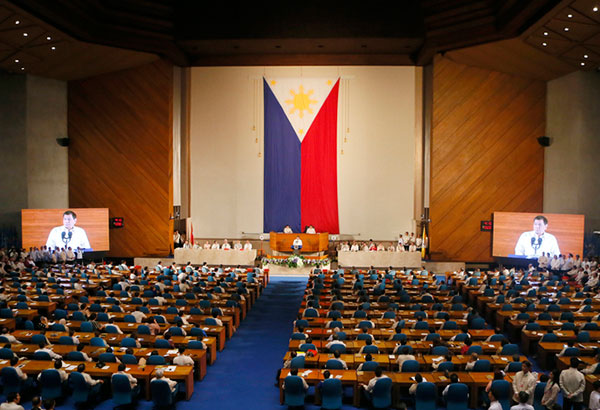A large number of election violations were observed during the May 9, 2022, presidential election in the Philippines. On May 19, the International Observer Mission (IOM) released its interim report, including observations in the regions of Luzon, Visayas, Mindanao as well as the capital region of Metro-Manila. The report shows that particularly the three-month campaign period was marked by intimidations, such as massive red-tagging (meaning, the false accusation of being a supporter of the communist insurgency), killings, and the surveillance of candidates and their supporters. Shortly before and during election day, there were also observations of vote-buying and irregularities in the electoral process.
In an analysis article in “The Philippine Star”, author Jarius Bondoc concludes there are hints but no proof of election fraud. On election day, about 1,800 vote counting machines (VCMs) failed. In addition, the vote count by the Commission on Elections (COMELEC) was unusually fast. Particularly striking, Bondoc says, were the candidates’ counting curves: Instead of fluctuating at first and flattening out later, they rose steadily from the beginning. In addition, legal provisions of the Automated Election Systems (AES) were not followed.
Moreover, COMELEC has received 1,111 complaints concerning vote buying (as of May 30, 2022). However, only three complaints included evidence, affidavits, and the permission to be used for trial. Independent election observers assume that vote buying had a strong impact on the election results at the local level. According to former journalist Art Bonjoc, some voters in Mindanao waited in the nights leading up to May 9 for middlemen at home to receive a payment between 20 and 5,000 pesos for their vote. Candidates who were ahead in the polls but did not invest in vote-buying supposedly lost the election ultimately. Cong Corrales, a coordinator of the #FactFirstPH initiative, also highlights that disinformation related to local political offices was barely documented. In particular local radio stations were heavily involved in spreading false news in the provinces.
On election day itself, shootings in- or outside of polling stations in Mindanao resulted in a total of seven deaths. On April 30, 2022, Alvin Mendoza, who was running for city councilor in San Fernando City, was shot dead. In February 2022, the Aktionsbündnis Menschenrechte – Philippinen (AMP) already reported on extralegal killings and election-related violence.
‘Whether the allegations would have changed the eventual winner is unclear […]. But it hints at the extent to which the Philippines’ democracy […] has deteriorated during Duterte’s six years in office,’ writes The Diplomat’s Sebatian Strangio.
Read here the statement of the Aktionsbündnis Menschenrechte – Philippinen (AMP) on the 2022 presidential election.

